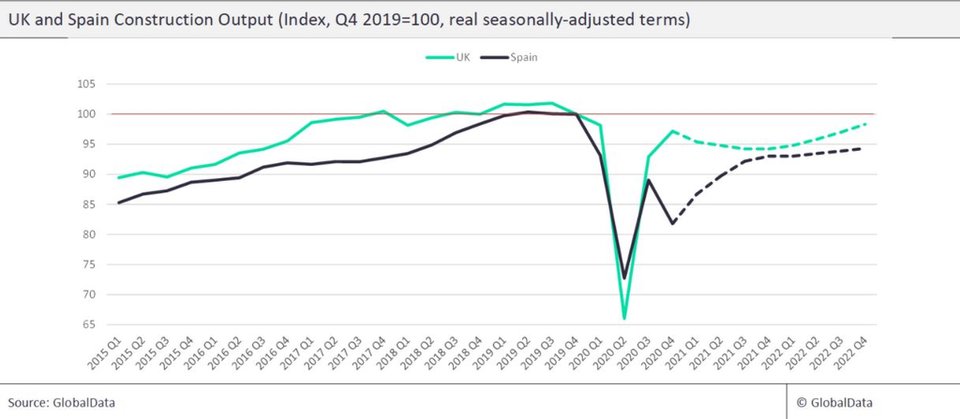Comment
Fate of troubled Evergrande Group hangs in the balance
Evergrande's precarious future in China has created concern in the financial and property industries both nationally and globally, according to GlobalData.
Evergrande, China’s second-largest property developer, is currently on the brink of collapse, which has sent shockwaves through the finance and property sectors.
Evergrande was often seen as a poster child for the property boom in China after rising to prominence during a period of mass urbanisation and growing to become the country’s second-largest developer.
Its property services management arm is involved in nearly 2,800 projects across more than 310 cities in China. As of the fiscal year ending December 2020 (FY2020), the company had a total of 751 projects under construction, with an area covering about 132 million square metres and reported revenues of CNY507.2bn ($73.5bn)
However, it has recently found itself in hot water after years of excessive borrowing, which could see it collapse in a worst-case scenario. This eventuality would have far-reaching implications on China and potentially around the world.

New Clark City is a smart city in development in the Philippines. Credit: Broadway Malyan
Evergrande crisis has shaken global markets
The news of Evergrande’s potential default has sent shockwaves around the globe, with some fearing that its downfall could prompt another ‘Lehman Brother’s’ moment.
However, there are also arguments that the country’s second-largest property developer is simply too big to fail and that the Chinese Government must nationalise and restructure the firm to protect those relying on the Evergrande, including suppliers, potential homeowners and the economy.
As the crisis is ongoing, the latest reports suggest that the government is nudging government-owned firms and state-backed property developers such as China Vanke Co Ltd to purchase some of the Evergrande’s assets. This would suggest that the government is opting to break up the group and go down the nationalisation route.
Regardless of the way in which the Evergrande crisis play’s out, it is clear that the government must take further action to resolve the issues of debt-laden property developers and stabilise the market.
Having a piece of software that uses a non-proprietary-based data exchange means the files can be easily shared.
The situation highlights issues with the real estate industry in China
The real estate industry in China, which is closely linked to the residential construction industry, has faced issues historically. The country experienced a property bubble between 2005-2011, which saw average house prices surge before the government stepped in to reduce the swell in prices.
The real estate and construction industries are key drivers of the Chinese economy. Therefore, their health is crucial in maintaining a stable economy within the country. In order to curb the industry’s excessive debt and stave off another housing bubble, the government introduced the three red line strategy in 2020, which was a key factor in exposing the issues facing Evergrande and the industry as a whole.
Main image credit: hxdbzxy | Shutterstock.com